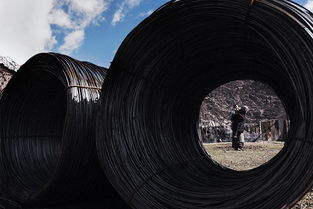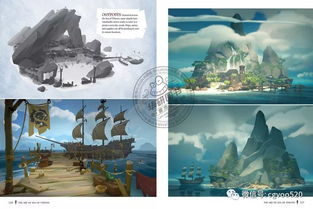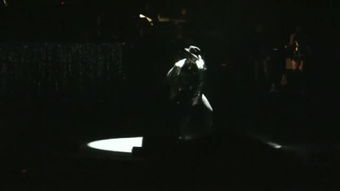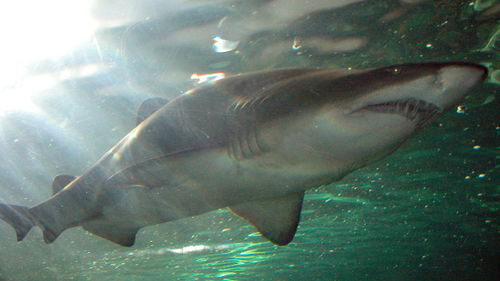The Art of Fishing: Expert Techniques from the Pros
Fishing, an age-old pastime that has been cherished by generations, is not just a leisure activity but an art form. The ability to catch fish with finesse and skill is a testament to one's understanding of the water and the creatures within it. Whether you are a seasoned angler or a beginner looking to improve your technique, there are several key strategies that can elevate your fishing game to the level of a true "catching master." Here, we delve into the secrets and techniques that the pros use to become the ultimate fishing高手.
Understanding the Basics
Before diving into the advanced techniques, it's essential to have a strong foundation in the basics of fishing. This includes knowing your equipment, understanding fish behavior, and being aware of the fishing environment.
Choosing the Right Equipment

The first step in becoming a fishing高手 is selecting the right gear. This includes:
- Rod and Reel: The choice of rod and reel depends on the type of fish you are targeting and the conditions of your fishing spot. For instance, a lightweight spinning rod is ideal for freshwater fishing, while a heavy-duty baitcasting rod is better for saltwater species.
- Line: The type of line you use should match the rod and reel you have. Monofilament is versatile and floats, making it great for a variety of fish, while fluorocarbon is nearly invisible to fish and excellent for clear water.
- Hooks: The size and type of hook should be appropriate for the fish you're after. For smaller fish, use a smaller hook, and for larger fish, opt for a larger hook.
Understanding Fish Behavior
Fish behavior is influenced by various factors, such as water temperature, weather conditions, and food availability. To become a fishing高手, you need to understand these factors and how they affect fish movement and feeding patterns.
Environmental Awareness
Fishing高手们总是对水域环境有着敏锐的观察力。 They know where to find fish based on underwater structures, vegetation, and water flow. Understanding these environmental cues can significantly increase your chances of success.
Advanced Techniques
Once you've mastered the basics, it's time to delve into more advanced fishing techniques.
Locating Fish
To locate fish, you can use a variety of methods, including:
- Bait Fishing: Using natural or artificial bait to attract fish. This method is effective for both freshwater and saltwater fishing.
- Lure Fishing: Using lures that mimic the movement and appearance of prey to entice fish. This technique requires skill and practice to master.
- Fly Fishing: A specialized form of fishing that involves casting a fly rod and line, which is designed to imitate insects. Fly fishing is popular for catching trout and other fish in freshwater.
Presenting the Bait or Lure
The way you present your bait or lure can make a significant difference in your success rate. Here are some tips:
- Match the Bait: Use bait that matches the size, color, and movement of the natural food source of the fish you're targeting.
- Timing: Pay attention to the timing of your cast or retrieve. A sudden movement or pause can trigger a strike.
- Subtlety: Fish are often skittish, so it's important to present your bait or lure in a subtle, natural manner.
Reading the Water
Reading the water is a skill that takes time to develop but can greatly improve your fishing experience. Look for signs such as:
- Ripples: Fish often create ripples as they feed or move through the water.
- Surface disturbance: This can indicate the presence of fish feeding at the surface.
- Vegetation movement: Fish may move through or around vegetation in search of food.
Weather and Tides
Understanding the impact of weather and tides on fish behavior is crucial. For example, fish are often more active during overcast days or during high tide periods. Being aware of these conditions can help you plan your fishing trips more effectively.
Final Thoughts
Becoming a fishing高手 is a journey that requires patience, practice, and a deep understanding of the water and its inhabitants. By mastering the basics, honing your techniques, and staying observant, you'll be well on your way to becoming a true catch master. Remember, the best anglers are those who are always learning and adapting their methods to the changing conditions. Happy fishing!












